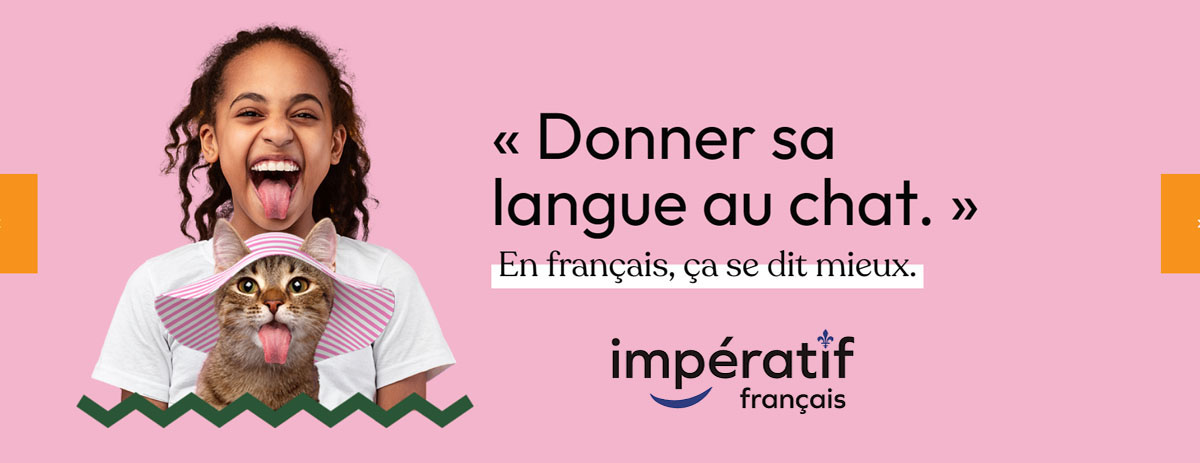Apprentissage par retour unifié
en construction
Définition
XXXXXXXXX
Français
XXXXXXXXX
Anglais
Unified Feedback Learning
Diffusion models have revolutionized the field of image generation, leading to the proliferation of high-quality models and diverse downstream applications. However, despite these significant advancements, the current competitive solutions still suffer from several limitations, including inferior visual quality, a lack of aesthetic appeal, and inefficient inference, without a comprehensive solution in sight. To address these challenges, we present UniFL, a unified framework that leverages feedback learning to enhance diffusion models comprehensively. UniFL stands out as a universal, effective, and generalizable solution applicable to various diffusion models, such as SD1.5 and SDXL. Notably, UniFL incorporates three key components: perceptual feedback learning, which enhances visual quality; decoupled feedback learning, which improves aesthetic appeal; and adversarial feedback learning, which optimizes inference speed. In-depth experiments and extensive user studies validate the superior performance of our proposed method in enhancing both the quality of generated models and their acceleration. For instance, UniFL surpasses ImageReward by 17% user preference in terms of generation quality and outperforms LCM and SDXL Turbo by 57% and 20% in 4-step inference. Moreover, we have verified the efficacy of our approach in downstream tasks, including Lora, ControlNet, and AnimateDiff.
Source







